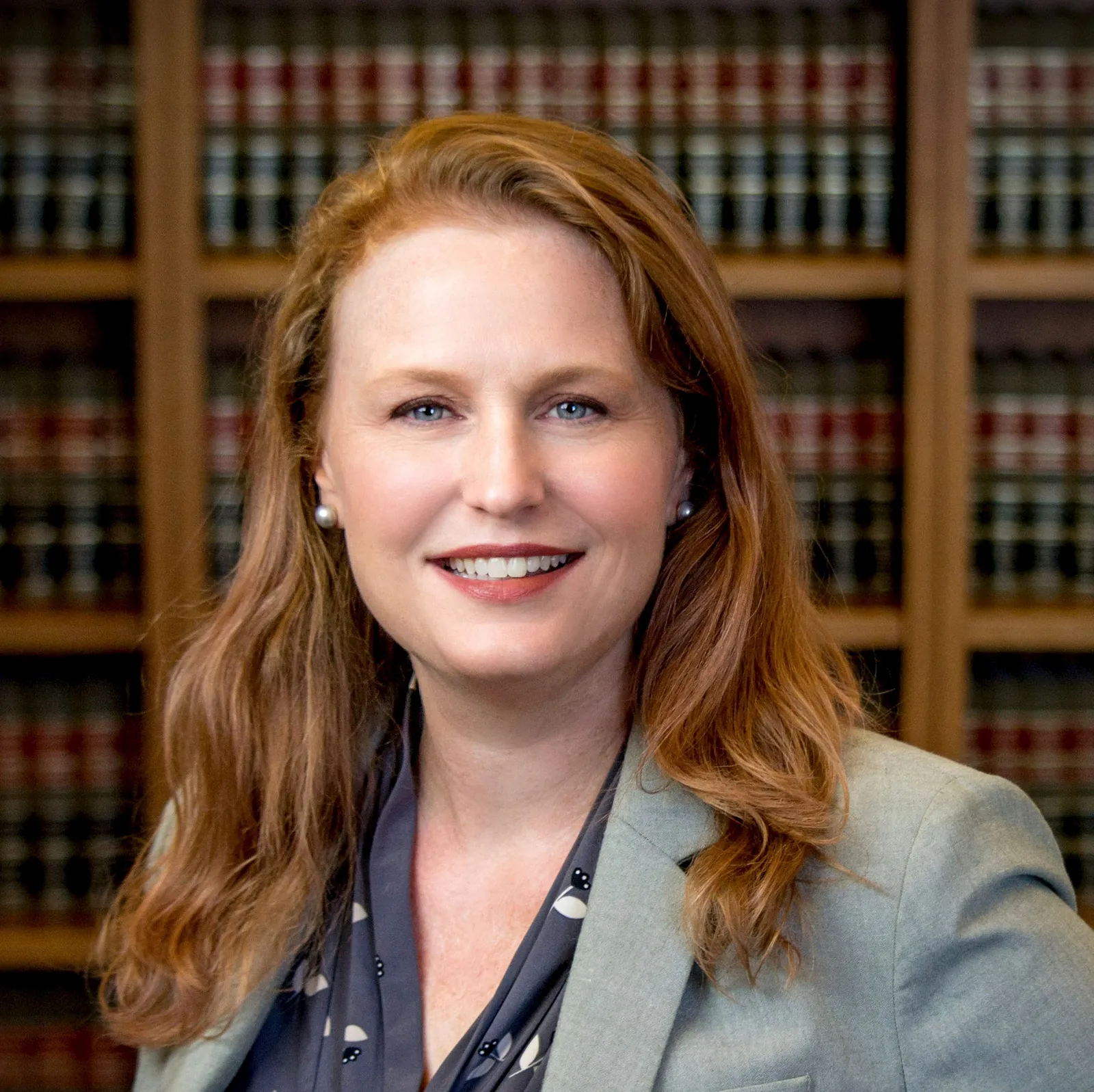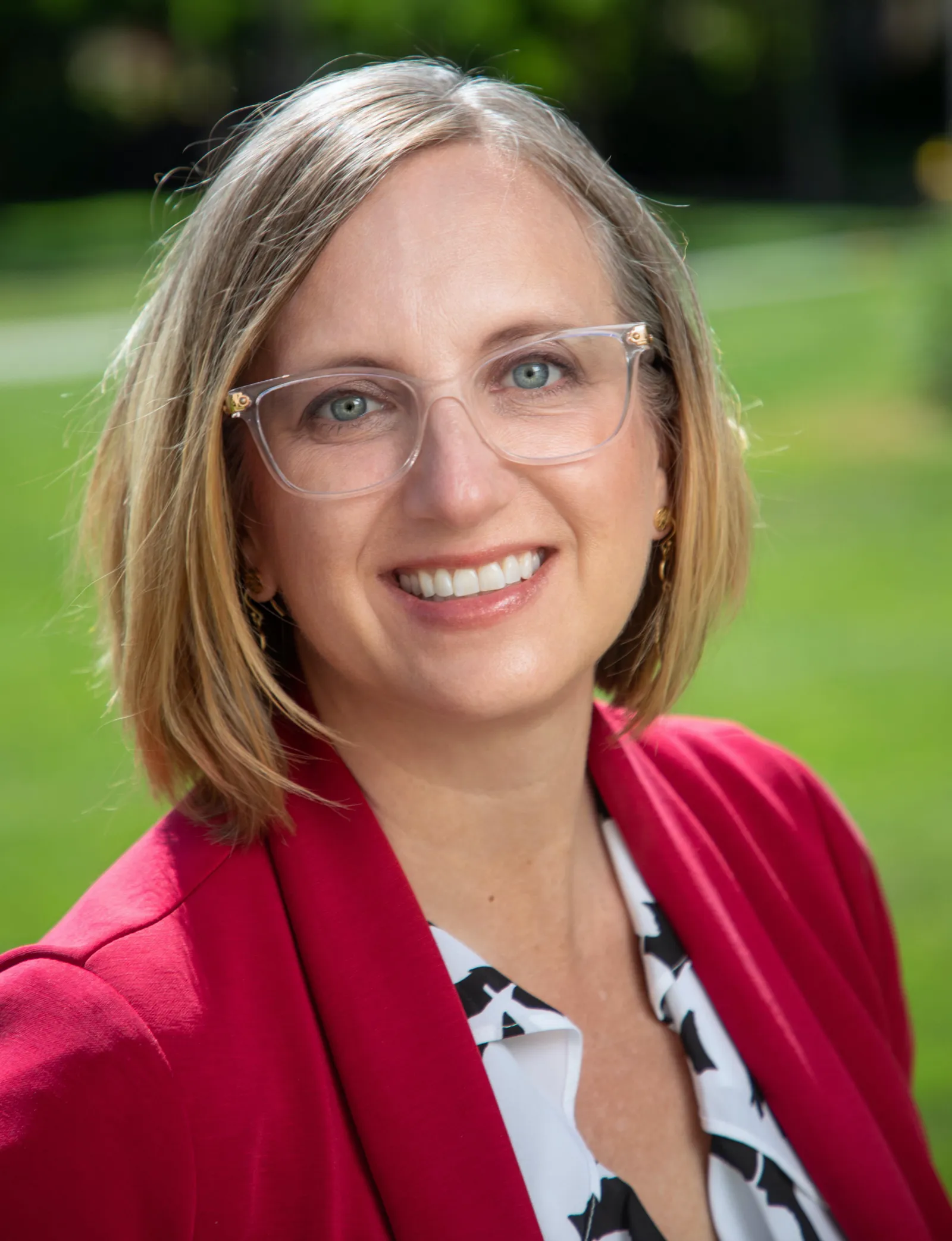As the interest to go in-house is increasing among students, some law schools stand ready with different initiatives to usher young lawyers into a profession traditionally held by senior lawyers.
Baylor University School of Law in Texas, for example, offers an In-House Counsel Externship Program that places students under the supervision of a lawyer in a corporate legal department. Participating companies have included Jenny Craig and Magnolia, according to the program’s website.
Students also take part in a classroom component in which they learn about legal issues in-house counsel face and learn practical skills, such as how to manage outside counsel relationships.

The externship program has seen a steady growth in student applications since its launch in 2016, with 22 students applying to participate in the spring semester this year, said Kristine Bridges, assistant dean of career development at Baylor Law.
“It’s an academic program where the students take a course component once a week, and then they spend 72 hours over the course of a quarter, so eight hours a week, within their in-house placement,” Bridges said.
Tech industry training
Meanwhile, out in California, the Santa Clara University School of Law offers a Tech Edge J.D. program that trains students so they can work in, or with, technology companies.
The program launched in 2018 and combines legal, business and technology education with practical skills. Students also spend 300 hours participating in legal externships at technology companies or law firms.
“The program is about graduating from law school with a set of experiences that would be on your resume saying that you have acquired certain skills that would be relevant to a career in technology law,” said Laura Norris, faculty director of the Tech Edge J.D. program.
But even with the training these students receive and their close proximity to Silicon Valley, many still grapple with the traditional notion that young lawyers should pay their dues working in a law firm, according to Norris.

To help students overcome their worries, Santa Clara Law keeps in close touch with alumni that have gone in-house and invites them to speak about their career paths.
Student organizations also arrange events where students and in-house counsel get an opportunity to meet and discuss what in-house positions entail.
“I think law schools have an ability to provide so much more value to students in terms of getting them practice-ready and actually delivering on that so they can go into some of these jobs that might have been out of reach before,” Norris said.
Meeting GCs
Columbia Law School in New York takes a similar approach by exposing students to influential general counsel at some of the biggest companies in the world, such as Nike, Northrop Grumman and eBay.
Columbia provides these opportunities through the Reuben Mark Initiative for Organizational Character and Leadership, which is a joint effort between the law school and Columbia Business School.
The program offers a range of courses designed to teach both J.D. and LLM students leadership skills that enable them to create ethical organizational structures, as well as work collaboratively with business people.
Timur Pakay, director of the Reuben Mark Initiative, said the program has become increasingly popular since its launch in 2017, which he attributes in part to guest lectures showing students that the general counsel role has expanded into something more akin to a strategic advisor. This shift allows lawyers to have more influence over a company’s operations, he said.

Another factor contributing to the growing interest, Pakay said, is the program highlights to students the impact that GCs can have on creating an inclusive workplace, an issue that many students are passionate about.
“Through our initiative, I think it’s not just learning about the general counsel role, but also how to establish an ethical, safe working environment and looking at the ways that general counsel make decisions around diversity and inclusion policy,” Pakay said. “That has been a very hot topic, especially over the last few years.”
Entrepreneurial training
Meanwhile, the Law & Entrepreneurship Program at Duke University School of Law aims to provide students with legal and business knowledge and skills they need to become entrepreneurial advisors.
Students can choose to take courses as part of a joint J.D./LLM program. It’s designed to help students develop a greater understanding of the business, institutional, and strategic considerations entrepreneurs must keep in mind.
The program also teaches students the legal frameworks behind innovation, and it has a Start-up Ventures Clinic where students represent founders and entrepreneurial companies.
Additionally, students are given the chance to learn how to build a company from the ground up, according to Erika Buell, director of Duke’s Law and Entrepreneurship program.
“I have some students who are working with Duke Capital Partners, a Duke affiliated angel network,” Buell said. “So, my students are learning, from a business perspective, how to evaluate and source angel investments.”
Overall, many students that graduate from the program end up advising start-up companies in the tech space or become entrepreneurs themselves, according to Buell.
Roadblocks to going-house
But even as law schools provide more training that is helping some new graduates land in-house roles, Buell said many still choose to go to large law firms.

One reason she cited is a desire to pay off student debt.
The average amount borrowed by law school graduates who have taken out loans to pay for their legal education has neared $120,000 in recent years, according to figures posted by Law School Transparency.
Buell said students also often want the “credentialing signal” of having experience working at a firm and practicing in different areas.
“A lot of my students from the program are extremely well prepared to start adding value as soon as they graduate but many of them still want to go to BigLaw even for a short period of time,” she said.
Bridges, from Baylor, offered a different perspective.
She said the COVID-19 pandemic brought an attitude change among law students who are now open to ditching a job at a large firm in favor of a workplace that provides a better work-life balance.
“I think that [the pandemic] makes them look at their career choices a little differently,” Bridges said. “I think, arguably, working in-house offers a different type of work environment and hourly expectation versus working for a law firm.”


















